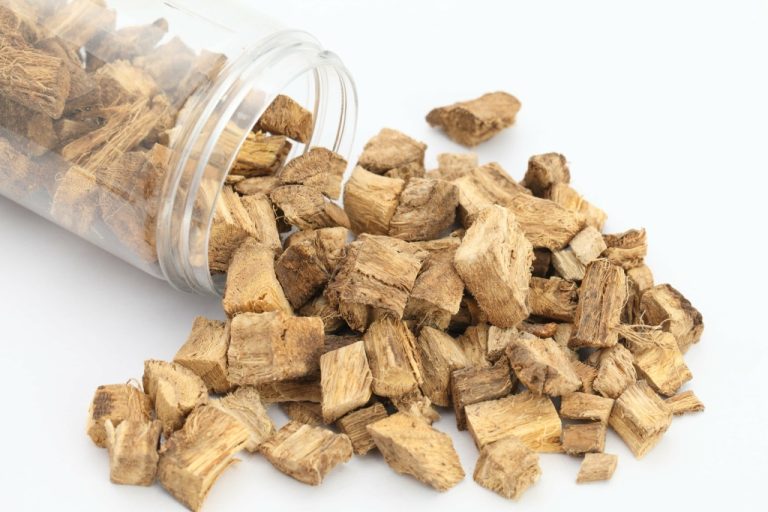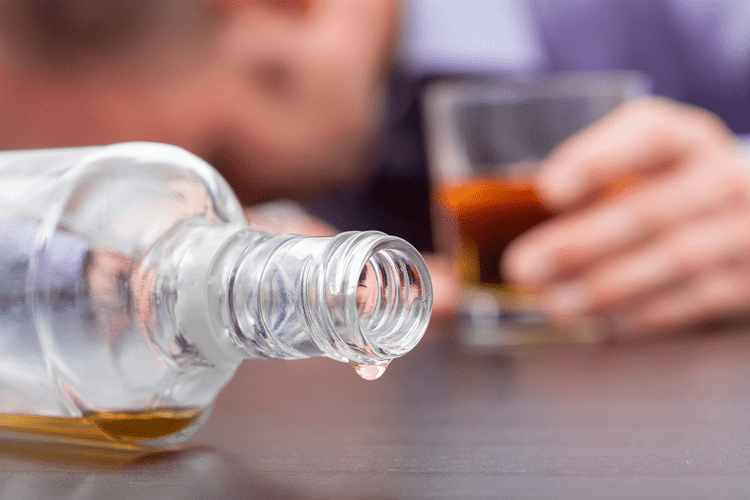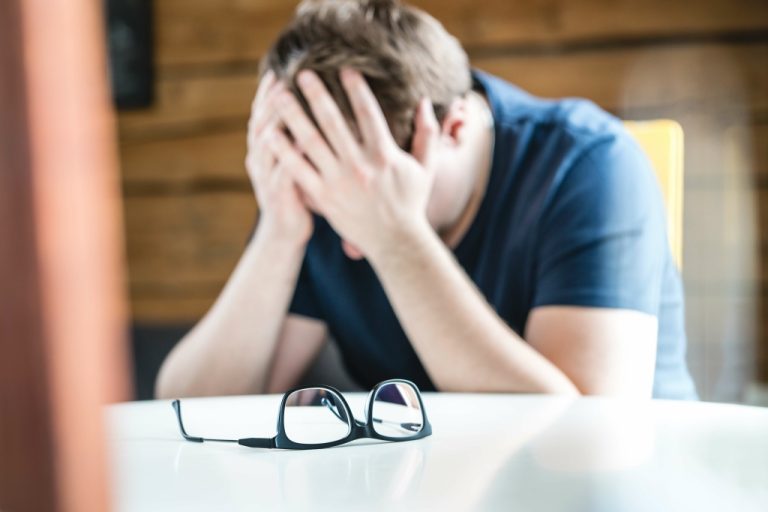The amount of alcohol it takes to cause withdrawal symptoms can vary from person to person. For this reason, you should always talk to your doctor before attempting to quit drinking. That said, tapering off alcohol doesn’t completely eliminate withdrawal symptoms. Alcohol withdrawal is dangerous and it’s important to be careful throughout the process.

Increase Time Between Drinks
Gradually reducing alcohol consumption can be achieved through a substitution taper. This can involve switching to a different alcoholic beverage or replacing alcohol with a prescription drug, but the latter should only be done under the guidance of a medical professional. Direct tapering is not recommended for liquor drinkers as it is challenging to measure amounts and can result in binge drinking. Additionally, mixed drinks may http://www.k2x2.info/psihologija/_zhazhda_celostnosti_narkomanija_i_duhovnyi_krizis/p6.php contain sugar or other additives that could exacerbate withdrawal symptoms and should be avoided during the taper. Most people recover from alcohol withdrawal within a week, but people with severe dependency may experience withdrawal for multiple weeks.

Assessing Severity
Programs such as inpatient or outpatient rehab, medical detox, individual or family therapy and support groups are available. Through these programs, our caring and dedicated staff can help you on your road to recovery. Licensed medical professionals and highly qualified addiction specialists at The Recovery Village Cherry Hill at Cooper can help guide you toward a life without alcohol. Quitting abruptly can be dangerous without medical supervision due to potential withdrawal symptoms. Gradually decreasing alcohol intake through supervised tapering can make quitting safer and ease withdrawal severity. The tapering down process can take place for the first several weeks or even months of the alcohol recovery timeline.
This article discusses alcohol withdrawal, its symptoms, and potential complications. It also provides an overview of the alcohol withdrawal timeline process and when to discuss your drinking with your healthcare provider. Some https://www.lifestyll.com/how-to-improve-sleep-quality-naturally/ alcohol withdrawal symptoms can be so severe that they can lead to death.
Between 12 and 24 Hours

But that advice changes if you’re living with alcohol use disorder. However, tapering can be dangerous if you have severe AUD, leading to uncomfortable withdrawal symptoms. If you start noticing these symptoms, contact a medical professional immediately.
- Stress is a common trigger that makes it hard to modify your alcohol intake.
- Direct tapering is not recommended for liquor drinkers as it is challenging to measure amounts and can result in binge drinking.
- Knowing why you drink is essential, says Cyndi Turner, LCSW, LSATP, MAC, a Virginia therapist specializing in addiction treatment and alcohol moderation.
Generally, alcohol-free days are better towards the end of a gradual reduction, not towards the beginning. The amount of time it takes to taper off of alcohol can vary greatly from person to person. http://srrccs.ru/warez/26275-forbidden-shakers-tech-2013.html Some people can taper quickly and quit alcohol completely, while others may take longer. But deciding to cut back on drinking is much more important than the length of your alcohol taper. A medical professional can help you determine if a fast or slow taper, or quitting altogether, is appropriate based on a thorough medical assessment and evaluation of your withdrawal risk.

What Is an Alcohol Taper Schedule?
- Every person has unique needs, and tapering off may not be an adequate solution to reduce or stop drinking.
- Individuals should be prepared to be uncomfortable during this period and have medical help available if needed.
- However, quitting cold turkey or tapering is not advisable for people with an AUD.
Tapering off alcohol may complicate other medical conditions or co-occurring mental health disorders. If you’re unable to reduce how much you drink, you may have a disease called alcoholism that requires professional addiction treatment. Alcohol rehab helps you taper off alcohol, and it treats other side effects and causes of alcoholism. Alcohol withdrawal symptoms range in severity depending on how extensive the misuse behavior was.
- Turner notes the importance of bringing along a trusted support person when attending events that involve alcohol.
- If you want to change your relationship with alcohol, it’s important to have an honest conversation with a doctor about your drinking habits before you start tapering off.
- What matters most is your ability to maintain an open, curious outlook as you learn what does and doesn’t work for you.
- If you turn to alcohol to ease anxiety, try exercise as a healthy alternative.
- “You may learn things about yourself and about your relationship to this substance that you never even thought about,” he adds.
If you drink heavily, your doctor may recommend quitting with the help of a medical detox center. In medical detox, you receive around-the-clock care from doctors and nurses to help prevent and treat alcohol withdrawal symptoms and their complications. This can set you up for a safe and effective detox and put you in a good position to continue your recovery in rehab.

- For example, those who drink more heavily may need more time to taper than those who drink less alcohol.
- Working with a medical professional to taper your alcohol consumption can help the likelihood and severity of alcohol withdrawal symptoms.
- Alcohol proof is the amount of alcohol found in distilled spirits or liquor.
- It’s a good idea to talk with a medical professional before you begin a taper.
- Here’s how to wean off alcohol—including useful strategies, how to create a tapering schedule, and how to stay safe throughout the process.
Slowly tapering off alcohol is the safest way to naturally overcome alcohol withdrawal, and many at-home remedies can help you cope with mild withdrawal symptoms. However, medical treatment is necessary to treat major symptoms of withdrawal. The purpose of tapering off alcohol is to avoid major withdrawal symptoms so you can achieve sobriety safely. The time it takes to taper will depend on how long you’ve been drinking, how much you’ve been drinking and a variety of personal factors. When they suddenly quit drinking, the brain continues its hyperactivity, but alcohol no longer suppresses the effects. This can cause seizures and delirium tremens, a severe form of withdrawal marked by tremors and hallucinations.